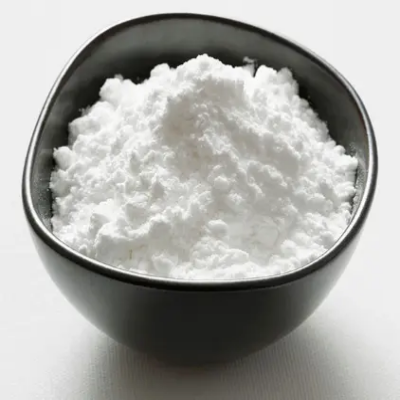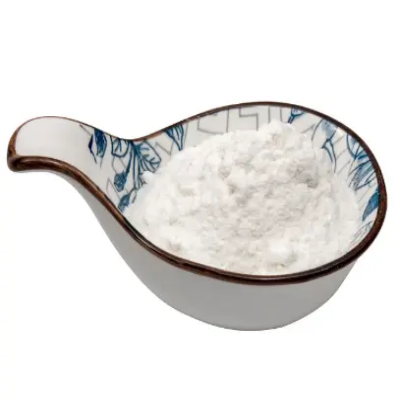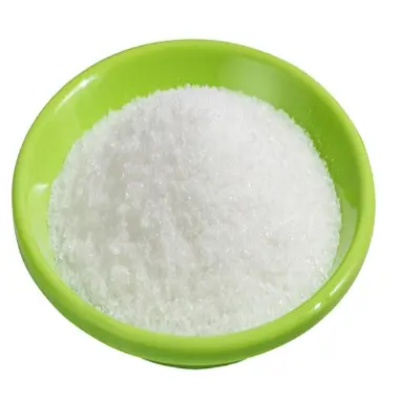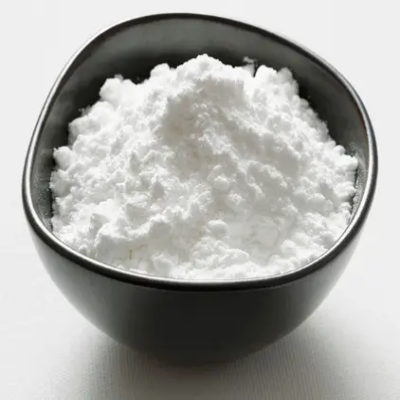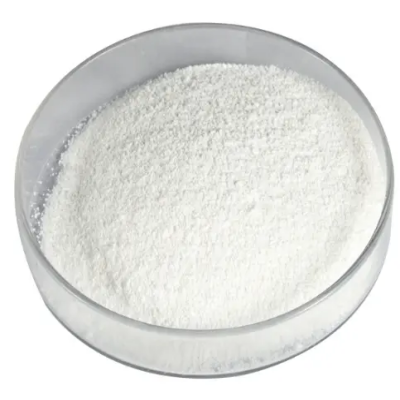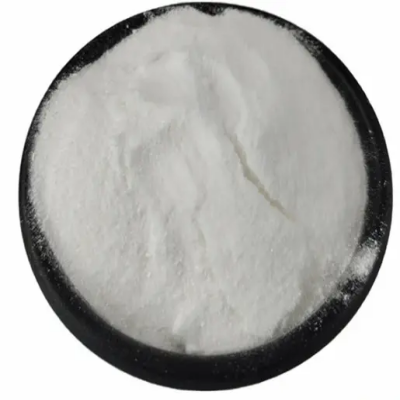Ethylmagnesium Chloride CAS:2386-64-3
Ethylmagnesium chloride (C₂H₅MgCl) is a prominent member of the Grignard reagents, distinguished by its structure, which features an ethyl group attached to a magnesium atom that is further coordinated with a chlorine atom. This arrangement bestows unique reactivity properties, rendering ethylmagnesium chloride an invaluable reagent in organic chemistry. One of the primary applications of ethylmagnesium chloride resides in its role as a potent nucleophile. Due to its strong nucleophilic character, this reagent readily reacts with various electrophiles, particularly carbonyl compounds like aldehydes and ketones. In these reactions, ethylmagnesium chloride undergoes nucleophilic addition to carbonyl groups, resulting in the formation of alcohols. For example, when ethylmagnesium chloride reacts with formaldehyde, it yields a primary alcohol, while its reaction with acetophenone leads to a tertiary alcohol. These alcohols serve as critical intermediates in the synthesis of more complex organic molecules, enabling further transformations and functional group modifications. Beyond carbonyl chemistry, ethylmagnesium chloride can also engage in reactions with epoxides, imines, and other electrophiles, showcasing its versatility. Such reactions allow chemists to construct diverse molecular architectures necessary for developing bioactive natural products, pharmaceutical agents, and specialty chemicals. Additionally, the ability to generate branched hydrocarbons through reactions with various electrophiles enhances the synthetic options available to chemists. However, working with ethylmagnesium chloride necessitates careful handling due to its sensitivity to moisture and air. It must be stored and utilized under strictly anhydrous conditions to avoid hydrolysis, which can result in the generation of flammable gases and create hazardous situations. Conducting reactions under inert atmospheres, such as using nitrogen or argon, is crucial for ensuring both safety and effectiveness. In summary, ethylmagnesium chloride is a powerful and versatile reagent in organic synthesis, celebrated for its ability to facilitate carbon-carbon bond formation and produce a wide array of functionalized products. Its unique properties enable chemists to explore intricate synthetic pathways, making it indispensable across various sectors, including pharmaceuticals, agrochemicals, and materials science. A thorough understanding of its reactivity and applications significantly contributes to advancements in chemical research and innovation.



| Composition | C2H5ClMg |
| Assay | 99% |
| Appearance | white powder |
| CAS No. | 2386-64-3 |
| Packing | Small and bulk |
| Shelf Life | 2 years |
| Storage | Store in cool and dry area |
| Certification | ISO. |




